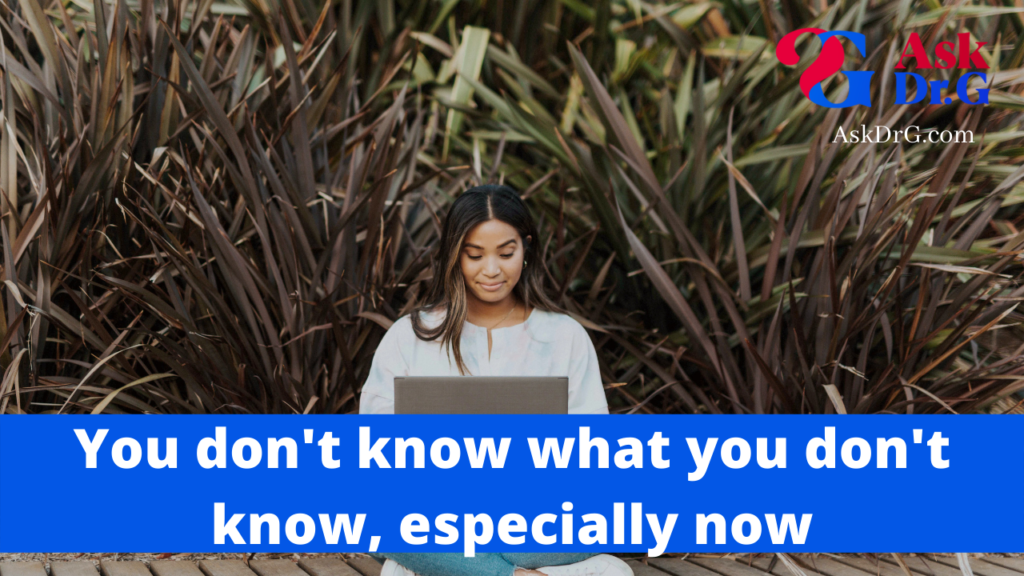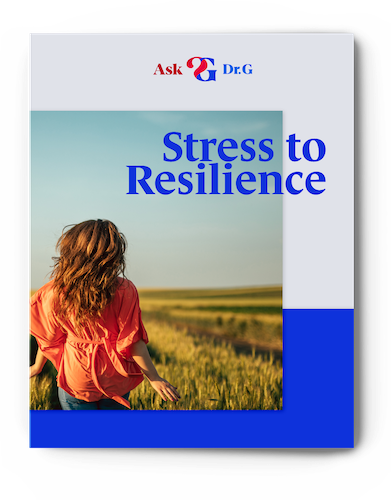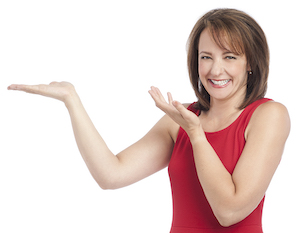Hi!
Every week we have “trainees” in the office. And every week I find myself reminding a medical student (or PA or NP student) “You don’t even know what you don’t know.”
This is not a demeaning sentiment, it’s a mindset shift. In the medical field, we have a huge burden of knowing. We’re supposed to know exactly what’s wrong, what caused it, what will happen and how to fix it. It hasn’t always been this way – doctors used to be expected to help people feel more comfortable while they were ill and let families know if they might survive – but since antibiotics and anesthesia and chemotherapy and hundreds of other amazing and awful discoveries, we now have an expectation that we know, well, just about everything. We don’t.
I remind students that this burden of knowing is dangerous to our patients. It causes us to guess rather than ask, to bluff or hide our uncertainty just when transparency is what our patients need. And it undermines one of our most important tools for healing – trust.
What does this have to do with you?
You are a seeker of information, and a leader in your business, your community, your family or all three. People look to you for answers and I’m willing to be that you often feel like you should have those answers – no excuses. That burden is a lie.
You are not responsible for the answers. You are responsible to ask good questions, to seek out information and solutions when you can… and you are responsible for shifting the focus from your own “knowing” to building trust.
You don’t know what you don’t know… and that is nothing to hide.You don’t know what’s wrong if you’re not told… all you can do is ask.You don’t know what caused the problems you see… but you can show empathy.You don’t know what will happen… but you can promise to be there when it does.You don’t know how to fix it… but you can offer some options.
A quick example, through the lens of watching the war in Ukraine:
You don’t know how this is affecting the people around you. That’s ok – just keep in mind that is likely IS affecting them and give a little extra grace and compassion. If you’d like a little more insight check out the quick video I created this weekend about the four (not two!) reactions people have to crisis.
You don’t know what will happen with this war – and watching it yourself may be affecting you strongly. That’s totally understandable. Please allow me to take the burden of knowing off your shoulders too and leave you with this quote from Margaret Mead that has been bringing me a lot of comfort this week:
Never doubt that a small group of thoughtful, committed citizens can change the world; indeed, it’s the only thing that ever has.
When have you felt the burden of “knowing” when you just don’t know? Comment and tell me!
All my best,
Dr. G




